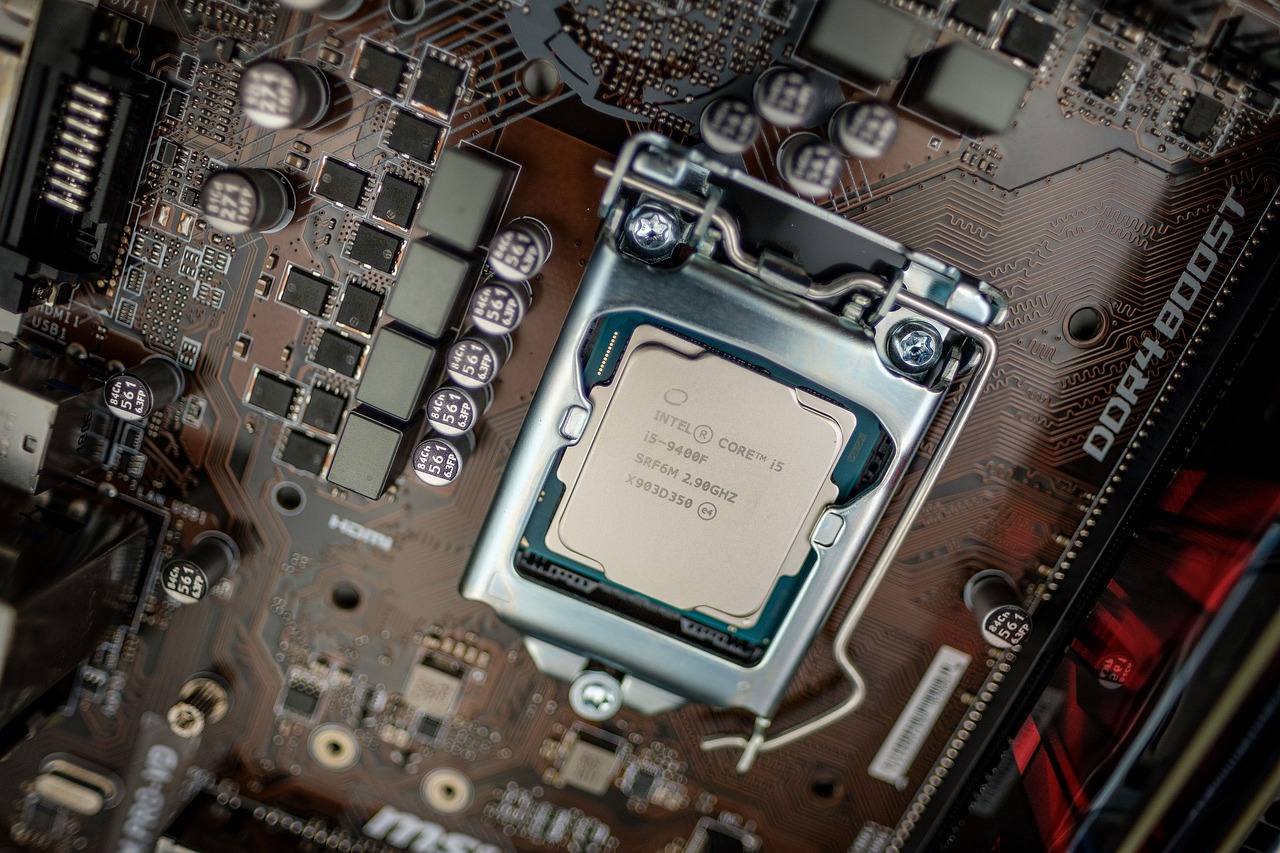
Taiwan Semiconductor Manufacturing Company (TSMC) is becoming one of the most valuable corporations globally as US rival Intel continues to face challenges.
The stock of Taiwanese semiconductor producer TSMC has been increasing in the past few days following the announcement of Intel that its next-generation chips would be delayed. This setback for the US firm was perceived as an advantage for TSMC.
TSMC’s surge in value
On Tuesday, the TSMC stock briefly went up by about 10%, enabling the Taiwanese firm to reach market valuation of $413 billion.
According to data provider Refinitiv, this made the company the 10th largest company globally in terms of market valuation, behind Warren Buffet's Berkshire Hathaway and ahead of grocery giant Walmart and multinational food corporation Nestle.
However, its shares eventually settled throughout the day and closed at a 2.5% increase, which was enough to boost its market value to $374 billion and become the 12th most valuable company in the world.
Meanwhile, its US rival Intel is several ranks below even though it was the top semiconductor supplier by sales worldwide in 2019 while TSMC only ranked third, based on data from IC Insights.
This increase in TSMC’s stock is deemed to be another sign of how many major tech firms are able to survive the effects of the coronavirus pandemic on businesses.
This year, the Taiwanese company’s stock has gone up by over 30%, making it one of the best performing tech stocks globally, behind Amazon and Tencent, which have reported increases of 65% and 44%, respectively.
Analysts have also pointed out that the demand for chips has been strong this year as millions of people around the world continue to work, play games and watch movies from home.
Intel struggles, others rise
Last week, Intel announced during its Q2 2020 earnings report that it will delay the rollout of its 7nm CPUs by six months relative to its previously-planned release date.
Additionally, the company’s press release indicated that yields for its 7nm process are now twelve months behind the company's internal targets, which implies that the company is still not able to produce its 7nm process in an economically viable way.
Intel chief executive officer (CEO) Bob Swan said the company found a "defect mode" in its 7nm process that caused yield degradation issues. In response to this, the company has invested in "contingency plans," which Swan later defined as including using third-party foundries.
Swan also mentioned that production for some of the chiplets will be outsourced to third parties.
A report by Citi analysts demonstrated that TSMC’s surge may be linked to Intel’s struggles. They argued that the news of Intel's product delay could mean a "significant technology leadership shift" from Intel to TSMC.
The analysts also explained that Intel is also likely to outsource some microprocessor manufacturing to TSMC, which could further boost its value. These microprocessors are chips that are widely used in personal computers.
Meanwhile, Samsung Electronics, another major chipmaker and the second biggest semiconductor supplier in terms of sales last year, posted increases of 3% on Monday and 5% on Tuesday.






